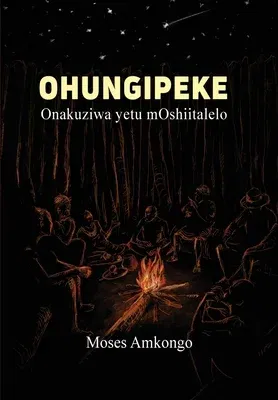Moses Amkongo
(Author)Ohungipeki: Onakuziwa Yetu MoshiitaleloPaperback, 31 December 2020

Qty
1
Turbo
Ships in 2 - 3 days
In Stock
Free Delivery
Cash on Delivery
15 Days
Free Returns
Secure Checkout
Print Length
172 pages
Language
Bantu (Other)
Publisher
Univ. of Namibia Press
Date Published
31 Dec 2020
ISBN-10
9991642498
ISBN-13
9789991642499
Description
Product Details
Author:
Book Format:
Paperback
Country of Origin:
US
Date Published:
31 December 2020
Dimensions:
24.41 x
16.99 x
0.94 cm
ISBN-10:
9991642498
ISBN-13:
9789991642499
Language:
Bantu (Other)
Pages:
172
Publisher:
Weight:
281.23 gm

